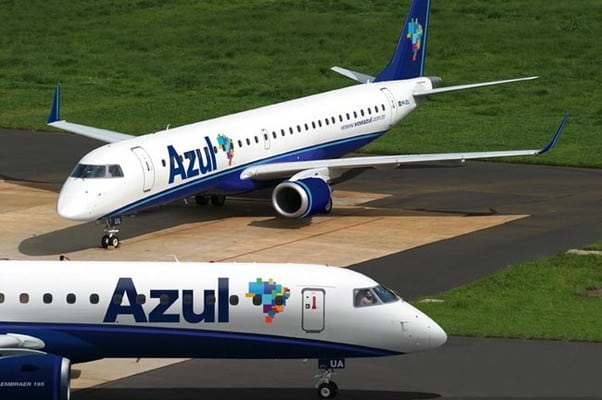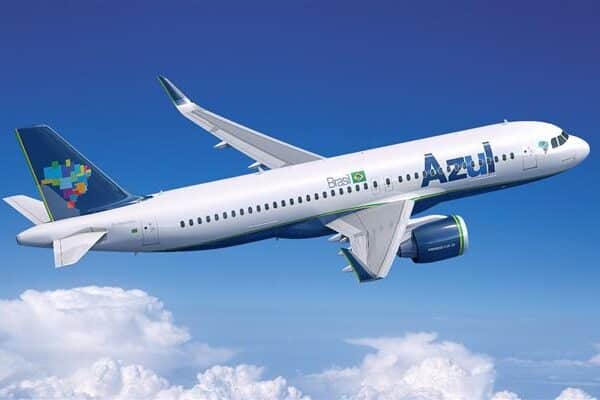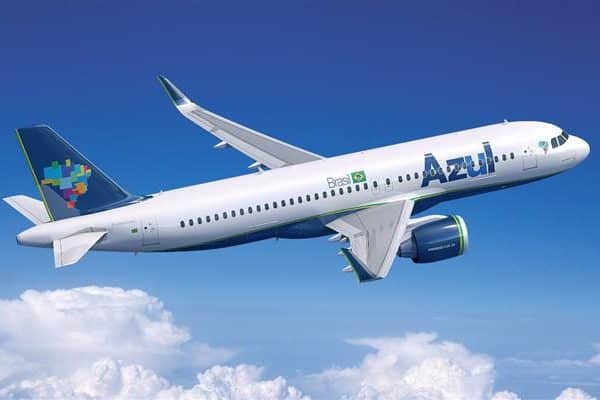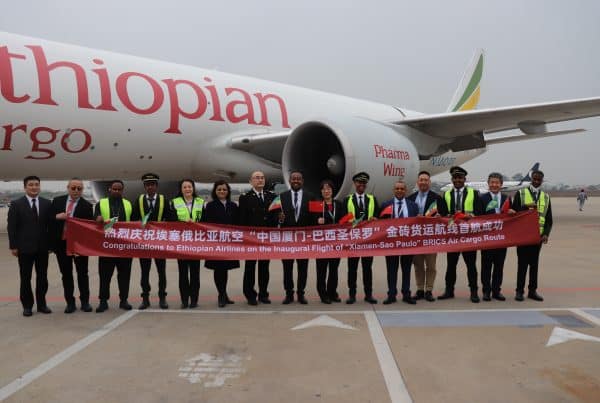The privatization of TAP was decided today at the Council of Ministers, whose meeting is not over. The winner is David Neeleman who participated in the race to the company’s purchase of a consortium with Barraqueiro. The announcement of the decision is scheduled for 14 hours after the meeting of the Cabinet. The project of the new owner, the willingness to invest and the company’s capitalization projects were key in the decision.
Candidates for privatization of the Portuguese area company, Germán Efromovich and David Neeleman, delivered last Friday their final proposals. Both candidates have improved their offers in regards the financial and technical aspects. The Minister of Economy declined to comment on the proposals.
Days earlier, Pires de Lima had warned the two candidates who had passed the final stage to improve their proposals.
In the original proposals, Efromovich offered 35 million euros for TAP and promoting a market capitalization of 350 million euros in – 250 million euros in cash and 100 million in aircraft (38 new and 12 already provided by the company).
In the strategic plan presented it highlights the development of relations between TAP , Latin and South America and the United States. And the profitability of the Beja airport as a logistics center group load, with synergies with the port of Sines, making this infrastructure in a group cargo hub (TAP and Avianca) to Europe. Efromovich still promises the distribution of dividends (from 10% to 20%) by the workers.
David Neeleman, participating in the consortium with Barraqueiro led by Humberto Pedrosa, had already committed to buy 53 new aircraft for TAP and invest 350 million euros if they win the company’s privatization process. The owner of the Azul also provides for stronger links within Brazil – to feed the transatlantic flights – and more flights from Lisbon to other destinations in the United States, as well as the sharing of 10% of the dividends to workers.
The government wants to close the sale of 66% of TAP until the end of the month. The new reference investor will assume 61% of the company and employees the remaining 5%. Only when this new investor starts into the company is to begin the period of renegotiation of debt terms.




